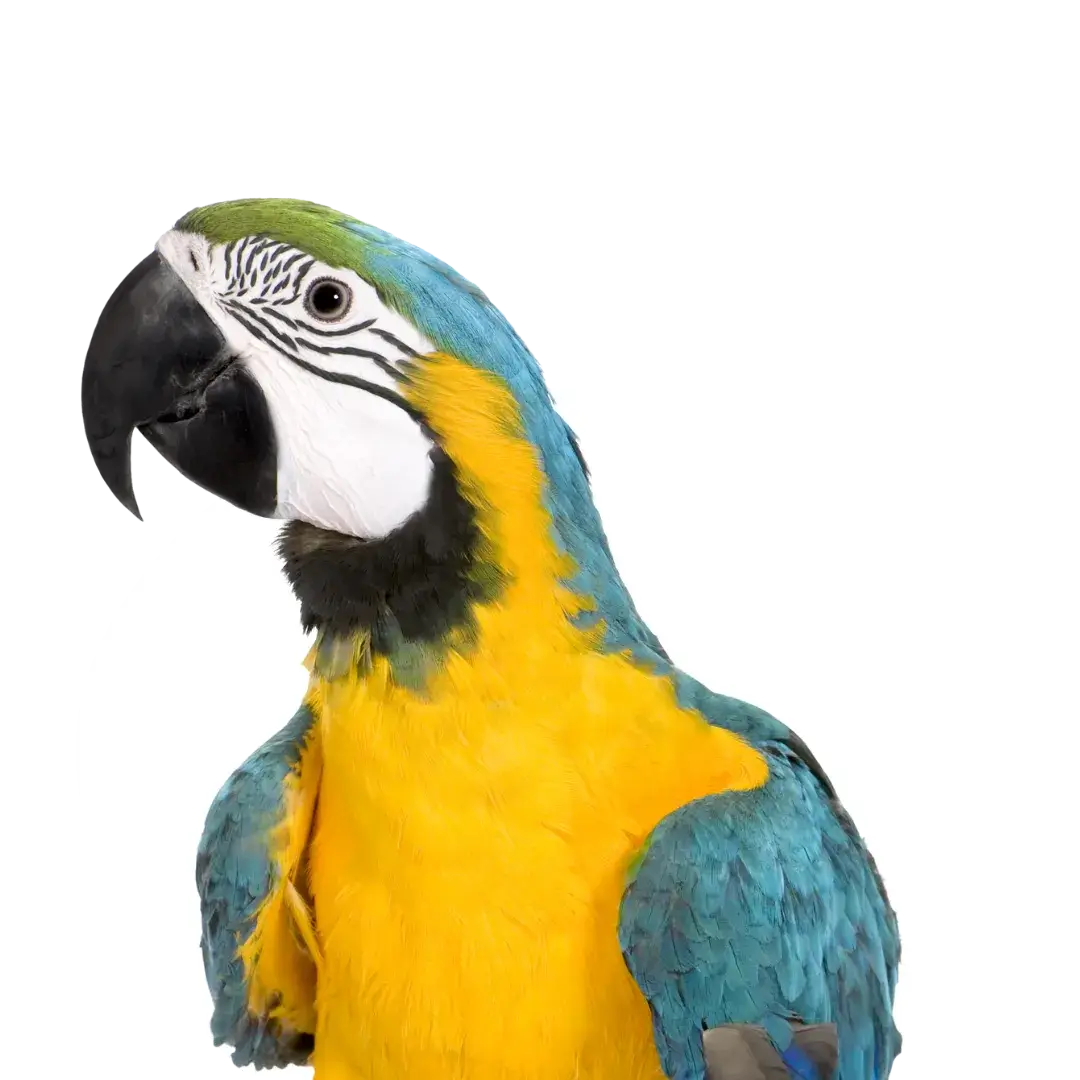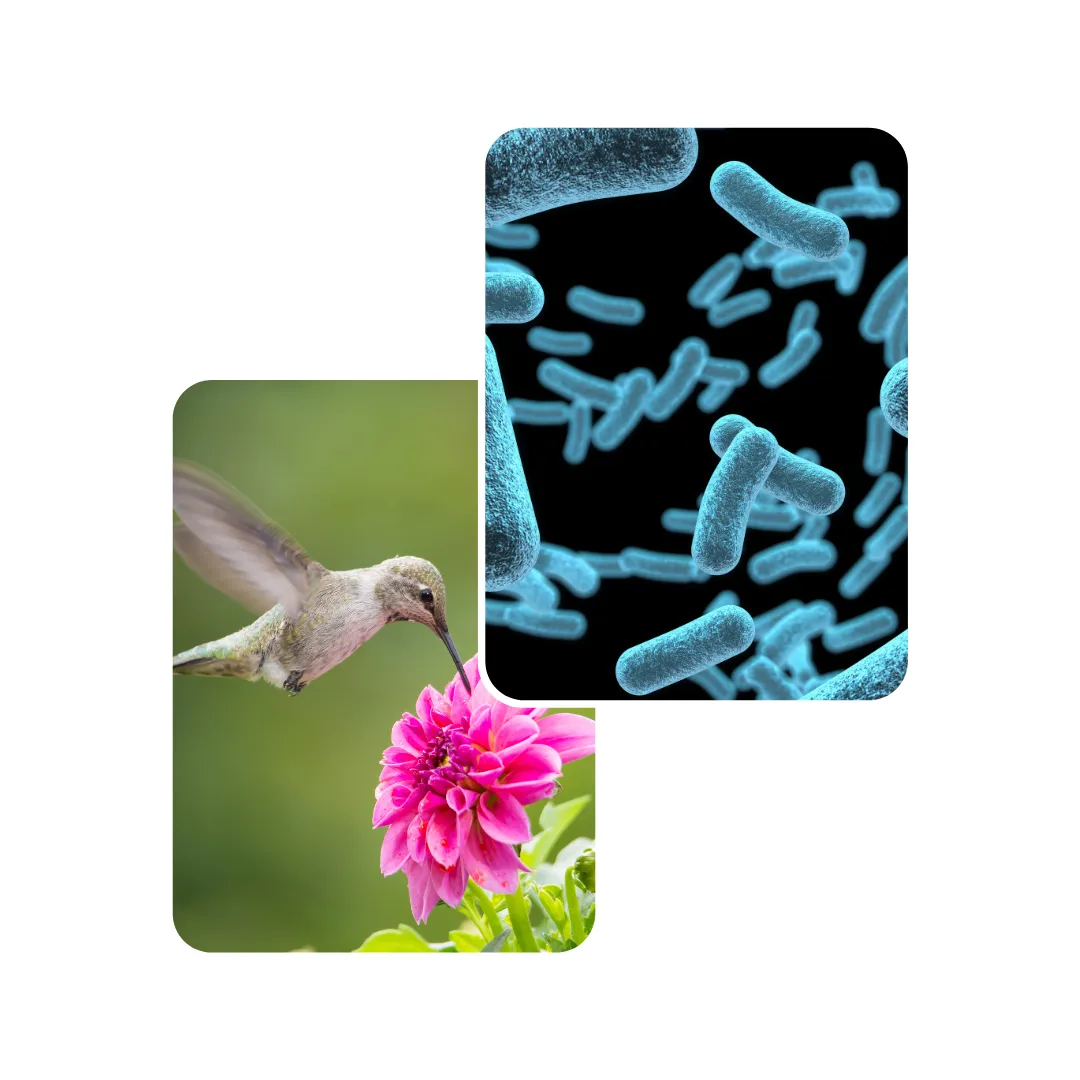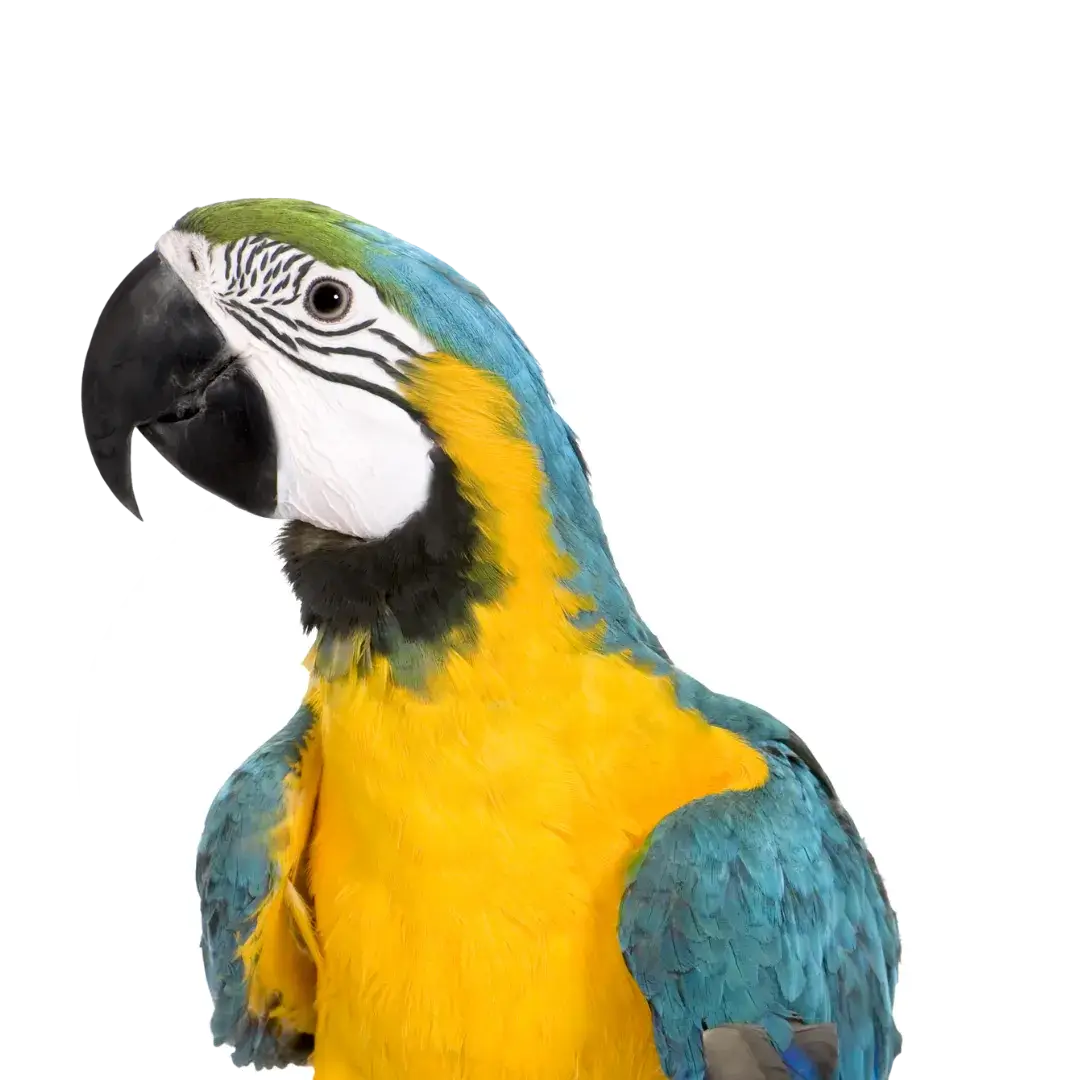

Many microorganisms are resistant to common antibiotics. A culture and sensitivity test is vital to avoid using an ineffective drug and wasting precious treatment time.
Yes, the agent causing Psittacosis (Chlamydia psittaci) is zoonotic and can cause severe illness in people. Always use strict hygiene.
Many are. Excellent cage hygiene, filtered water, fresh food, and reducing stress are the best ways to prevent the overgrowth of opportunistic bacteria.
No. Stopping treatment early is the number one cause of bacterial resistance and relapse. All medications must be completed for the full prescribed duration.
Deep-seated infections (like in the bone or air sacs) often require longer courses of injected or oral antimicrobials and may need intensive hospitalization.
Yes. Similar symptoms may point to chronic diseases, nutritional deficiencies, or severe stress. Consult our other specialized treatment pages to learn more.
Your pet deserves expert care – Subscribe now for trusted tips and updates from our pet experts.
